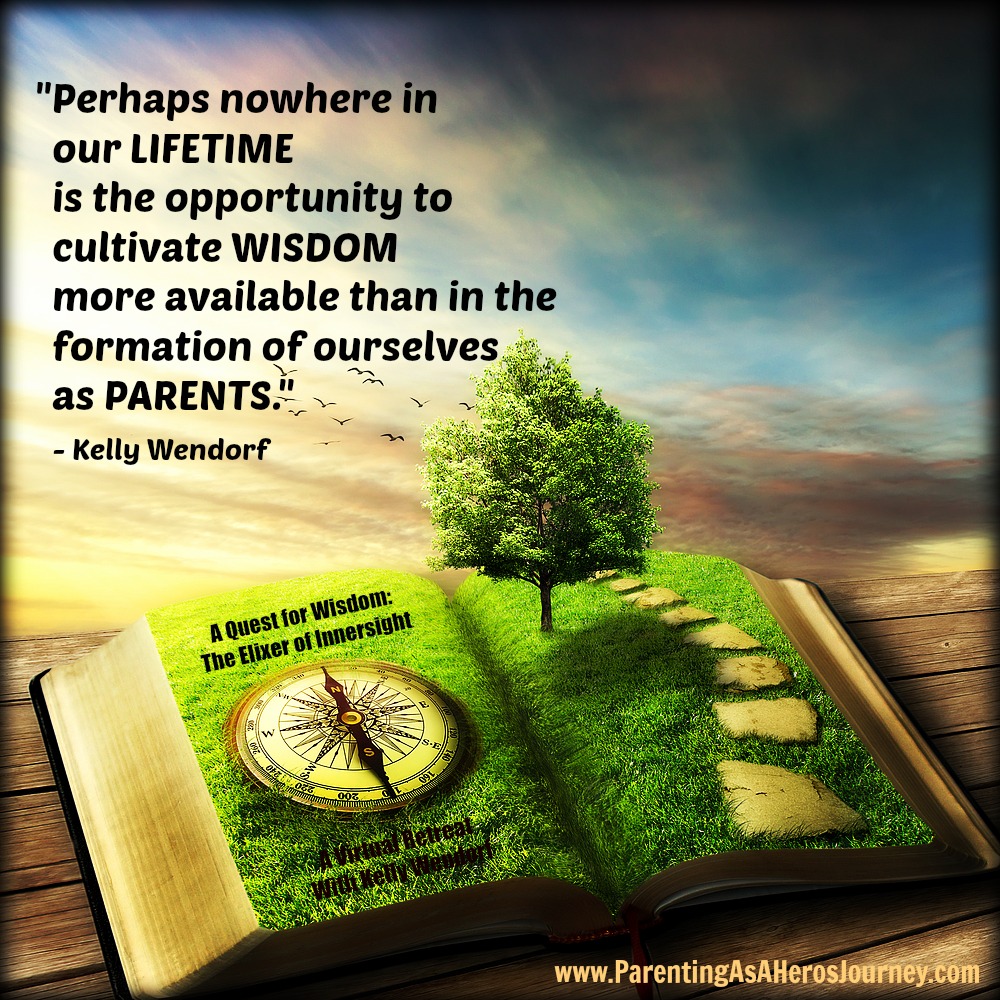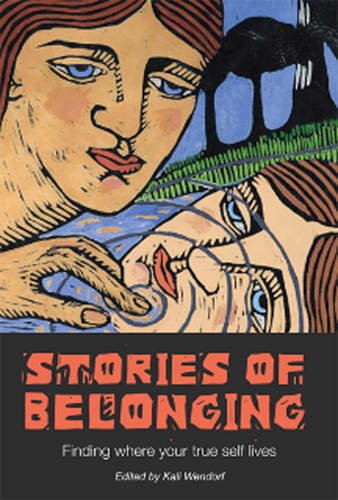Stop Saying Kumbaya And Woo Woo
The dark grey pigeon plummeted to the earth, and landed squarely on the asphalt at the intersection of Cerrillos Road and Richards Avenue. His downy body lay lifeless in front of my car at the stoplight. “Did you see that?,” exclaimed my friend in the passenger seat. “He fell right out of the sky!” Undoubtedly, pigeons must die in mid-air on a regular basis, so this was not necessarily a strange occurrence, except for the fact that this was the ninth dead bird to appear in my life within a week.
The first was a hummingbird, outside our front door. Then a woodpecker in our barn. Next was a robin by the window. A raven under my favorite tree. A bat, a sparrow…
I’m not superstitious. But I have learned over the years in my profession to deeply listen and notice. I’m particularly curious when events conspire to provide numerous messages. What on earth would nine dead birds mean?
I spent the better part of the next few days contemplating the lesson—if there was one. My friend who had, along with me, witnessed the bird dropping out of the sky asked me what birds symbolized for me. I rambled through various meanings, but finally landed on a word that had weight.
“Flight,” I said.

She paused for a while. “Have you always felt the need to take flight?” she wisely queried.
“Indeed,” I replied ruefully, thinking of my failed marriages, and how I escaped my small-minded town during high school.
“And so, perhaps the dead birds indicate you no longer need to fly away any more,” she suggested.
The next day, sitting outside my home on a bench under a window, I began thinking about what my friend said. I wasn’t sure. Was I really safe enough in my life now, so I no longer needed to fly away? I was doubtful. I had always fiercely depended upon my skill to take flight when required.
At that very moment, a small wren collided hard against the window and dropped next to me, stunned. Now I was alarmed. Surely I must not be getting the message, because more birds were dying around me! As I sat next to the tiny creature, I considered the possibility of not flying away anymore, of grounding myself in my life’s circumstances without wings for escape. Of daring to trust my life as it was now, and staying put.
I wept.
At that moment, the bird opened her eyes, and flew away. No more dead birds.
In this way, life is constantly engaging with us. Sometimes it’s subtle, sometimes invisible, and sometimes it drags you by the hair and drop kicks you into waking up. I used to brush it off, but over the years I’ve learned to pay attention to events, scenarios, what shows up in any moment. Life is in concert with us, with all things, as one dynamic fluid expression. My dear friend, Lisa Reagan, journalist, co-founder of Kindred World (formerly Families for Conscious Living), and executive editor of Kindred calls it the “uni-verse” or the “one song.”
It’s not woo-woo. Though many might read my words and name it as such with an exaggerated eye roll. From physics to neuroscience, scientists agree—everything affects everything, because everything is connected. Physicist Fritjof Capra wrote, “Quantum theory thus reveals a basic oneness of the universe. It shows that we cannot decompose the world into independently existing smallest units. As we penetrate into matter, nature does not show us any isolated ‘building blocks,’ but rather appears as a complicated web of relations between the various parts of the whole.’
 In his letter to a father who had lost a son, Albert Einstein consoled, “A human being is a part of the whole, called by us ‘Universe,’ a part limited in time and space. He experiences himself, his thoughts and feelings as something separate from the rest—a kind of optical delusion of his consciousness.”
In his letter to a father who had lost a son, Albert Einstein consoled, “A human being is a part of the whole, called by us ‘Universe,’ a part limited in time and space. He experiences himself, his thoughts and feelings as something separate from the rest—a kind of optical delusion of his consciousness.”
Which brings me to the title of this post. For years I’ve heard my colleagues use the terms woo-woo or kumbaya, mostly with apology or dismissiveness. Ironically, I hear it from those on the front lines of human transformational development, who spend their lives in the realms of the invisible, the poetic and the mystical, opening these doors for others to walk through.
The message we inadvertently spread when we use woo-woo and kumbaya is that seeing holistically is ignorant and naive. We then play into the hands of the dominant paradigm that insists on separation and individualism.
So let’s dig down a little further. The feminine sensibilities of listening deeply, being present, understanding the quieter rhythms and timings of things, seeing between spaces, listening between lines, sensing into events, and recognizing connections, are powerful capacities available to both men and women.
We could argue that these capacities are what are urgently required for the real leadership needed to meet the challenges of a 21st century world. And yet, by saying these sensibilities are woo-woo, we keep its emergence at bay. We disparage the feminine. We perpetuate misogyny.
In the throws of #metoo and Weinstein, it’s time we extinguish all forms of contempt, abuse and prejudice against—not only women—but the feminine, in men and in women, in all its forms. It’s time that we hone our senses to an acuity that recognizes the barely perceptible ways that we keep misogyny alive by teasing, hiding, hassling and dismissing feminine ways of living and knowing.
And when we see people perpetuating those ways, then there’s another means with which to confront it. A more feminine approach. Instead of calling them out—instead of pointing fingers and putting them on the defensive—we can call them in. We can call them in to a way of seeing that is connected, whole and alive.
We can call them in to remembering.
We need to pierce the shame veil that would prevent us from sharing with another how you once heard a tree speak to you, or how you felt the stars move inside you under midnight sky, or how, when you were a child, you knew every animal was your brother or sister. We need to feel rooted in our confidence that when we tell a colleague we just “know” something, we are not being mysterious or weird, but powerful. We need to drop into our magical, mystical, visionary selves without apology.
When I began this post, I hesitated. Do I tell the bird story? Do I risk it? Such is the power of the mindset we live inside. Do not underestimate its pervasiveness, it’s corrosiveness, and it’s toxicity. If we are to create uncommon and innovative solutions to our challenges, we need to call forth the feminine, and her way of being, in all of us. We need to stop saying woo-woo and kumbaya and new age, and any other disparaging term that implies weakness.
And we need to walk out into the night, and hear the stars speak our true name. And the elk bugle to our soul through the crisp fall air. “You only have to let the soft animal of your body love what it loves,” writes poet Mary Oliver, “…the world offers itself to your imagination, calls to you like the wild geese, harsh and exciting—over and over announcing your place in the family of things.”
* End note: At the very moment I began to wrap up this blog, my partner, Scott, came to me with a gift from one of our clients. We opened the small box. Inside was a fetish (a Zuni Indian stone carving) of a beautiful marble moose with turquoise inlay. The card read: Moose represents primal feminine energies. Moose is one of the most ancient of the power totems, associated with instinct, wisdom and feminine strengths.
Go figure.
Photo by Shutterstock/Chonlawut
Watch Kelly Wendorf share the Equus Experience in Santa Fe…
https://micgadget.com/wp-content/languages/new/wellbutrin.html
Buy Ventolin online

